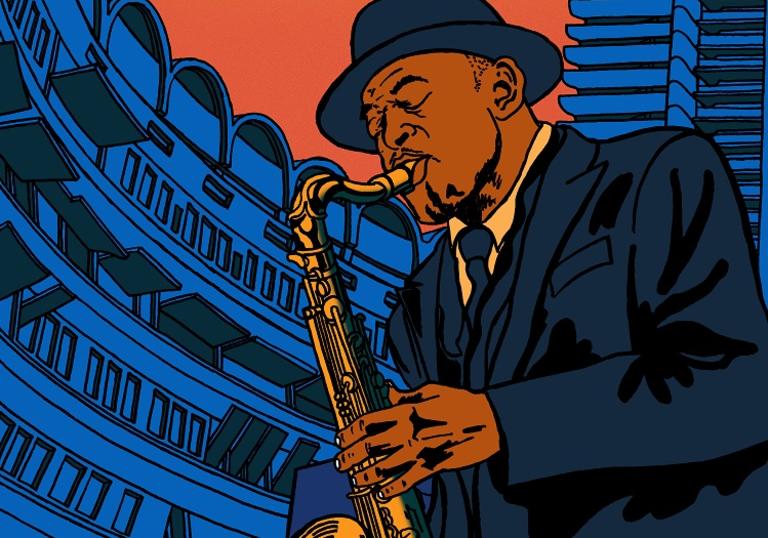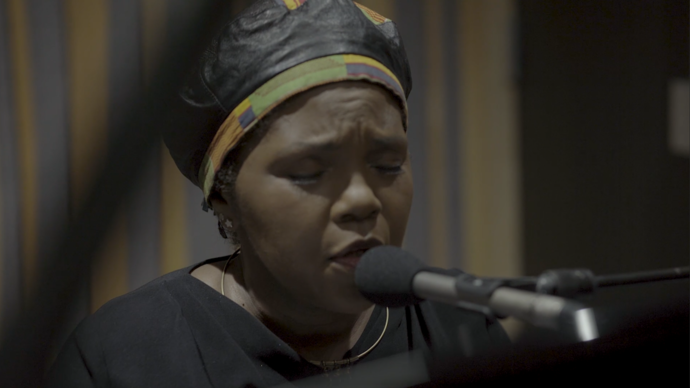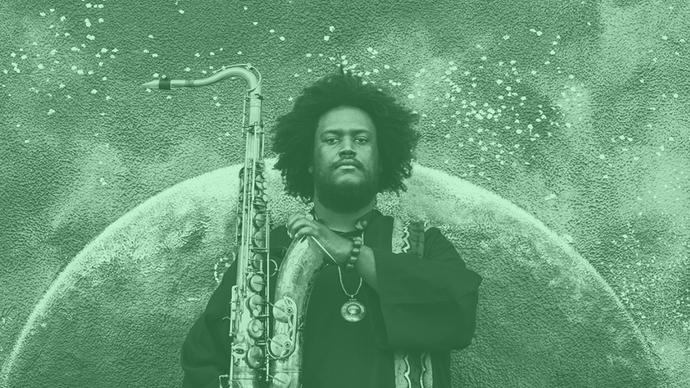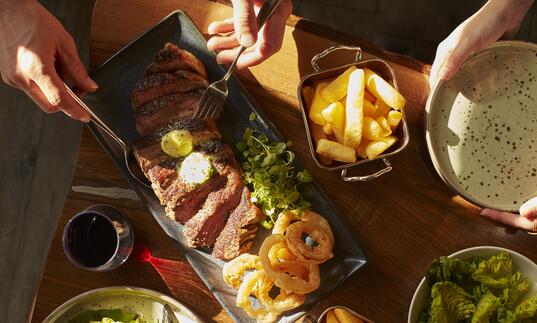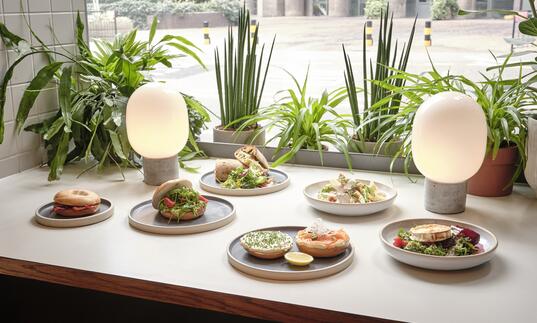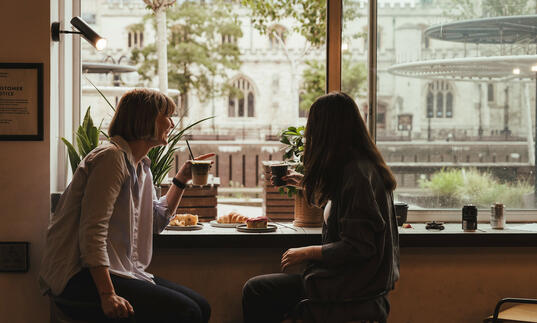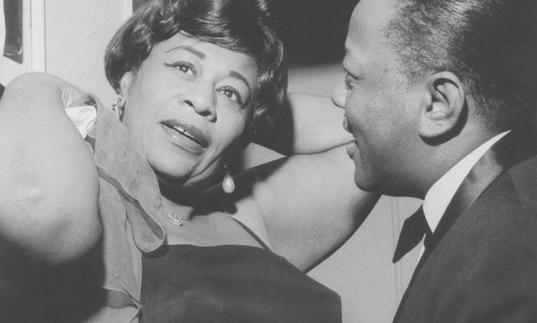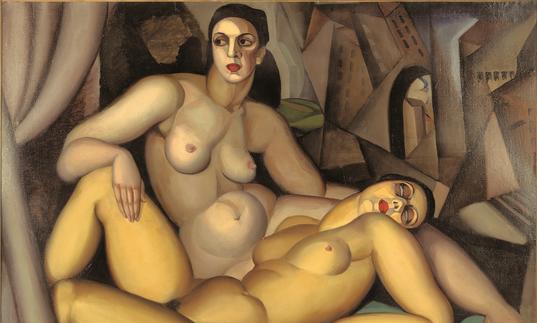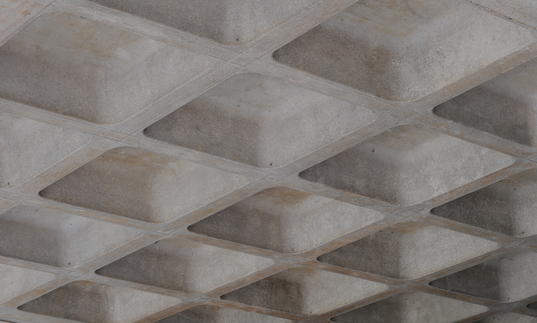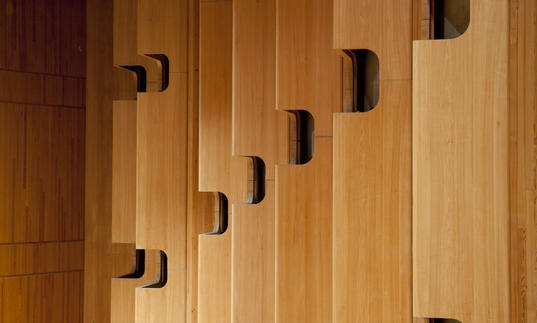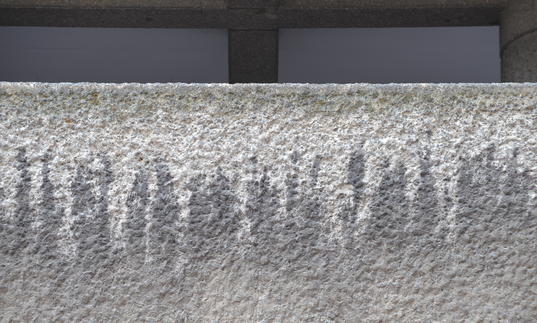Although the advent of the internet has brought access to information on an unprecedented scale, the stories of those who have lived through key moments in history are arguably more valuable than ever. At the age of 84 Archie Shepp is a legend whose first hand recollections of how black people developed music in America dovetails with his own significant contribution to culture and political discourse over the best part of 60s years. For example, the saxophonist and vocalist has this to say about his childhood in Florida, where he was able to witness musicians in circumstances that shed light on the very complex relationship between the scared and profane that has been an integral part of the Negro experience in America: ‘Back in the days when I was going to church regularly, I was particularly moved by what they called ‘battle in song’ which was a time when churches would come together, and the best known gospel performers of the day, people like Reverend C. L Franklin and others, would ‘battle.’ It was very moving; they swung! They carried the feeling of what would later become popularly known as jazz and blues.’
Art Songs and Spirituals, the programme Shepp has devised for tonight’s concert provides a contemporary resonance to these serious-as-your-life moments. The setlist has standards and his original compositions such as ‘All God’s Children Got A Home In The Universe.’ Which reflects Shepp’s desire to stay rooted in history all the while looking beyond genre, so that his music is as ‘in’ as it is ‘out’, as earthy and funky as it is free and abstract. He has a mission to serve the song by any means necessary.
Furthermore, Shepp has always challenged the status quo, hailing Malcolm X as a role model alongside John Coltrane, his former mentor, and over the years he has called out the litany of abuses perpetrated by the American government, none more so than a racially biased criminal justice system. His seminal 1970 recording, Attica Blues remains his enduring political statement, a denunciation of the wanton massacre of prisoners at a New York prison. This spirit of protest also pervades the black church, a haven for African-Americans and touchstone for Civil Rights activists. ‘Absolutely, you can’t really separate them from the periods that inspired them... slavery, oppression, injustice, he says before putting the current incumbent of the White House in the dock. ‘We’ve always needed spirituals. Donald Trump only represents problems that have existed in our society for centuries. It would be impossible for Trump to have found so much support and so many ears willing to listen without the fact that he was working in fertile soil. Racism and prejudice was already there and he was very much on time for those people who have so long courted fascist ideas. He’s not alone in the world. If we look at Austria and Europe (Sweden of late) in general (at what’s happening there, it’s frightening).’
Indeed the rise of divisive populism and far right politicians across the world makes the work of Shepp and other musicians who feel the need to comment on this sad state of affairs all the more welcome. Classic Shepp compositions such as ‘The Cry Of My People’ and ‘Things Have Got To Change’ have not aged musically or lyrically. Shepp, however, continues to collaborate with players who are willing to take risks.
With a band that features the legendary pianist-organist-vocalist Amina Claudine Myers and a choir directed by vocalist-composer Carleen Anderson, Shepp has a formidable array of talent around him. But this entirely befits his status as an elder statesman of American culture who, throughout his career, has fully understood the need to exchange ideas and ensure that the innovations of the founding fathers and mothers of black music do not wither on the vine. His fruitful partnerships with revered improvisers such as the late pianist Horace Parlan as well as young sensations like the singer Cecile McLorin Salvant are borne of a deep conviction that the sharing of musical knowledge will be for the benefit of the many rather than the few.
‘This music is not a music of exceptionalism for exceptionalists; it’s a tradition, which is systematically passed on from generation to generation. I feel fortunate that I’ve been around very competent musicians and people who took their music very seriously and understood it and were able to translate it to others,’ he comments. ‘And I’m moved by the tradition’s survival, by the courage, the honesty of the people who’ve survived conditions that might’ve destroyed other people, who’ve carried on making songs with the understanding of the necessity for people to love each other.’
